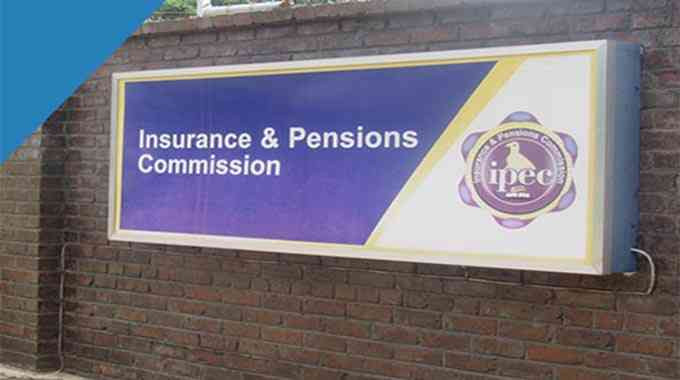
Strategic decisions are the backbone of any organisation, shaping the direction and long-term success of a business. However, errors in strategic decision-making can have profound and sometimes irreversible effects on a company’s performance.
A research paper from the Academy of Management outlines key strategic decision errors that can lead to organisational decline and, in some cases, disaster. The paper is titled Decision Errors, Organisational Iatrogenesis and Error of the 7th Kind. Understanding these errors is essential for avoiding the pitfalls that may arise from well-intentioned but flawed decision-making processes.
Types of strategic errors
Strategic errors can occur at various stages of the decision making process. These errors are not only common but can compound and interact, leading to disastrous outcomes. Here are some of the most critical strategic errors identified:
Visioning error (Type III Error): One of the most significant strategic errors is what is known as the “visioning error” or Type III error. This occurs when an organisation misidentifies the problem it seeks to solve. Managers may focus on a corollary issue or symptom while the root problem remains unaddressed. As a result, the solution is either ineffective or worsens the situation. An example of this could be focusing on cost cutting measures without addressing the underlying inefficiencies driving up costs. When the real problem festers, the organisation often finds itself in a worse situation than before.
Correlation errors (Type I and Type II): Correlation errors involve faulty interpretations of data. A Type I error, or “false positive”, occurs when a relationship is assumed between variables where none exists. For example, a company may incorrectly assume that a dip in sales is due to poor marketing when the real issue is product quality. On the other hand, a Type II error, or “false negative”, occurs when a company fails to recognise a genuine relationship between variables. This might involve dismissing early warning signs of customer dissatisfaction because they seem unrelated to declining sales.
Innovation errors (Type IV Error): Innovation errors arise when decision-makers select ineffective solutions, even when they have correctly identified the problem. In some cases, they may choose an outdated or unfeasible strategy, leading to wasted resources and organisational frustration. An example of this could be a company introducing a new product line without adequately testing it in the market, leading to poor performance and financial loss.
Action errors (Type V and Type VI Errors): Deciding whether or not to act can also lead to significant strategic errors. Type V errors occur when leaders take action when they should not, often creating new problems. Conversely, Type VI errors happen when leaders fail to act when action is necessary, allowing the problem to escalate. An example of a Type V error would be launching an expensive marketing campaign without sufficient research, while a Type VI error could involve ignoring a competitor's technological advancement, leaving the organisation behind.
- Strategic errors that can cost your business
Keep Reading
Cascading iatrogenesis (Type VII Error): One of the most dangerous strategic errors is cascading iatrogenesis, or Type VII error, where multiple strategic errors compound over time, leading to irreversible damage. These cascading effects can result from a combination of visioning errors, correlation errors and action errors. For example, a business may misidentify the cause of poor performance, apply the wrong solution and continue taking harmful actions that worsen the situation, ultimately leading to organisational failure.
Impact of strategic errors
Strategic errors do not just affect short-term outcomes; they can have lasting impacts on an organisation’s trajectory. Poor strategic decisions can lead to financial loss, decreased employee morale, reduced market share and, in some cases, total business failure.
Even more concerning is the fact that many strategic errors are avoidable if leaders focus on the right issues and use data-driven, evidence-based approaches to decision making.
In addition, the complexity of modern business environments often exacerbates these errors. Factors such as volatile market conditions, rapid technological change and global competition create an environment where even small missteps can lead to significant repercussions. Strategic decision making, therefore, requires careful analysis, a clear understanding of the problem and a willingness to adjust course when new information comes to light.
Avoiding strategic errors
To mitigate the risk of strategic errors, organisations must adopt a disciplined approach to decision making. This involves:
Thorough problem identification: Ensure that the problem being addressed is the correct one. This may require looking beyond surface level symptoms and investigating the root causes of issues.
Evidence-based decision making: Use data and analytics to inform strategic decisions. Avoid relying on intuition or untested assumptions.
Scenario planning: Consider different outcomes for each strategic decision, including potential risks and unintended consequences.
Periodic reviews: Regularly review and assess the effectiveness of strategic decisions and adjust them as necessary.
Cross-functional collaboration: Engage multiple departments in the decision making process to ensure that different perspectives are considered.
In conclusion, strategic errors can have a significant and long lasting impact on business performance. By understanding and mitigating these errors, organisations can improve their decision making processes and set themselves up for long term success.
Nguwi is an occupational psychologist, data scientist, speaker and managing consultant at Industrial Psychology Consultants (Pvt) Ltd, a management and HR consulting firm. — https://www.linkedin.com/in/memorynguwi/ Phone +263 24 2481 946-48/ mobile: +263 772 356 361, mnguwi@ipcconsultants.com or visit ipcconsultants.com.










